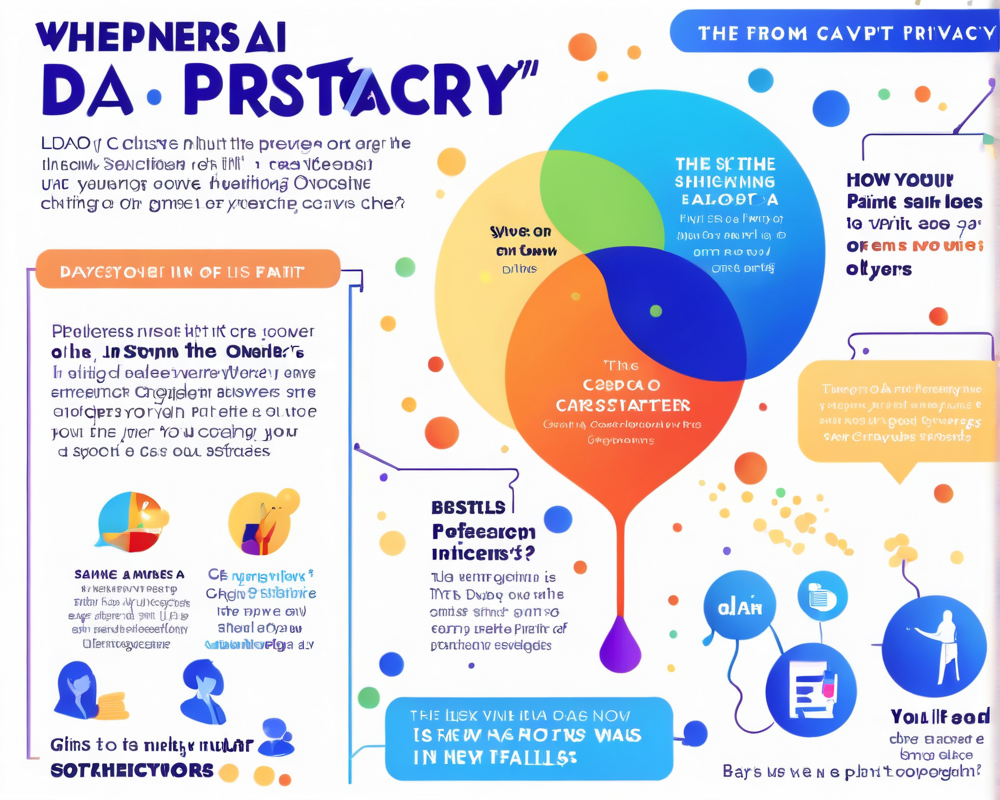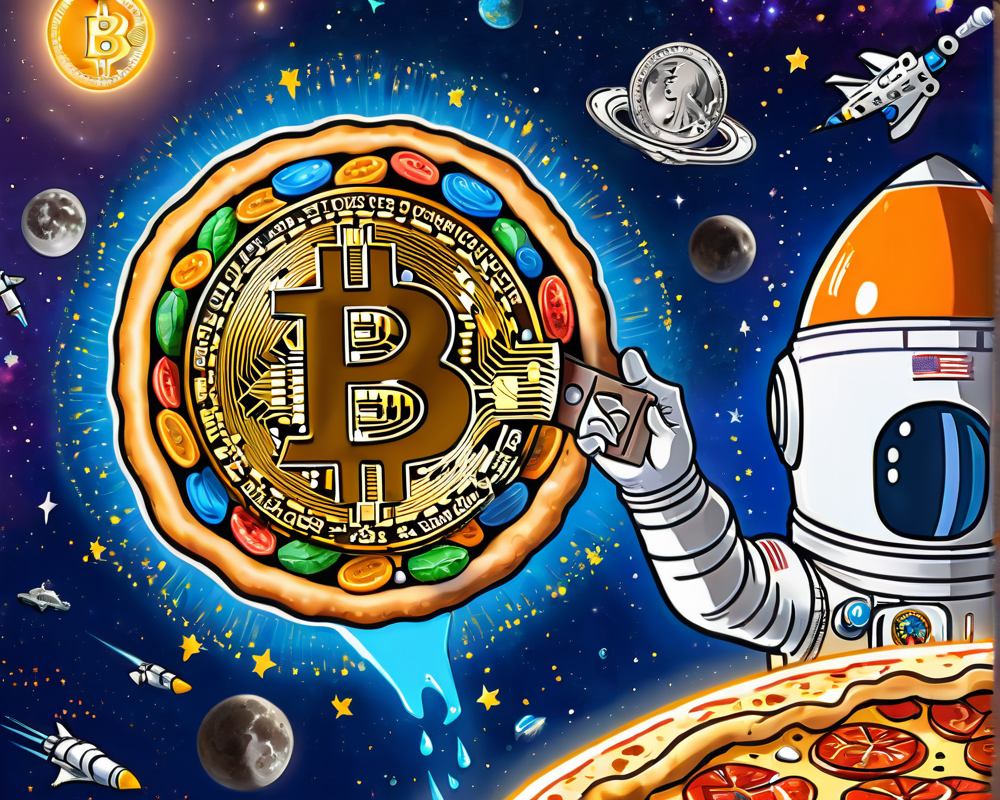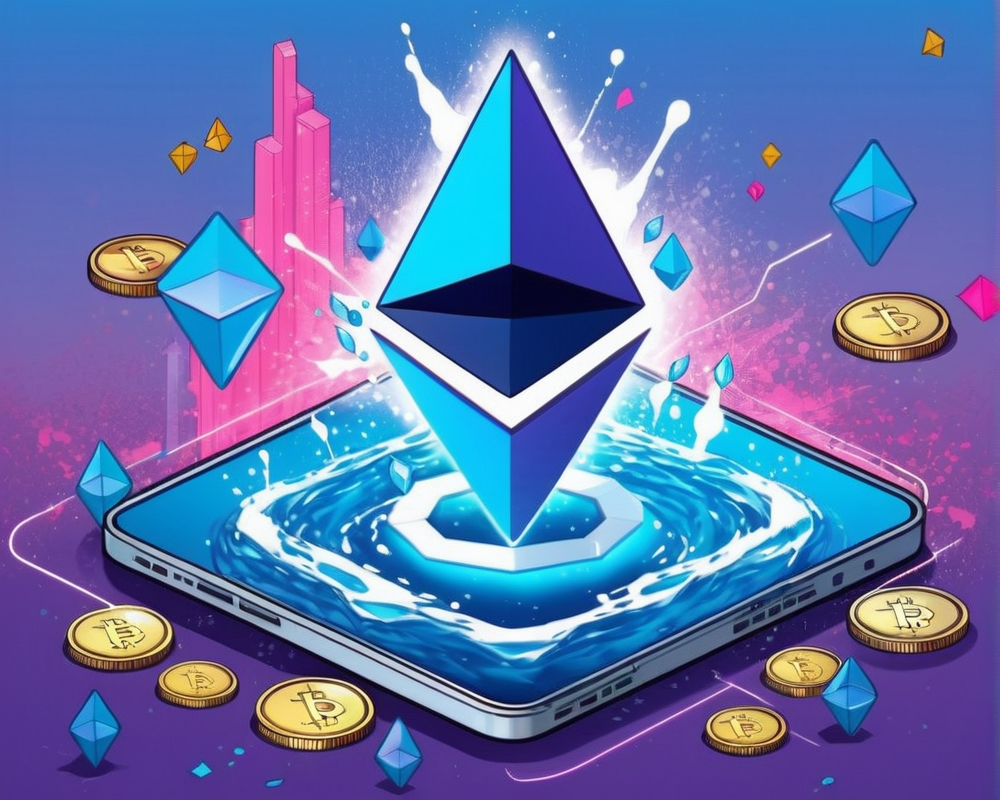The Privacy Paradox: Vulnerability vs. Control
Let’s kick things off with a little chat about privacy—specifically, the big, scary monster hiding in the corner of the ChatGPT room. Whenever users interact with AI, there’s a delightful exchange of questions and witty banter; however, this trade-off can expose sensitive data. Imagine a friend (ChatGPT) offering to give you great advice but taking a peek inside your diary at the same time. Horrifying, right? As users share personal insights, including financial woes or health concerns, there’s a risk of those musings becoming someone else’s gossip.
But don’t fret! Enter the Decentralized Autonomous Organization (DAO) like a superhero in a blockchain cape. With a DAO in play, users can have a say about where their secrets go. Data can be stored in environmentally friendly decentralized pockets, allowing users to maintain control and keeping prying eyes at bay.
The Bias Parade: Marching to the Tune of Objectivity
Next up is the concern surrounding bias. We all know that the real world is riddled with partisan opinions, and we don’t need our AI buddy joining the fray. When it comes to political bias, we want ChatGPT to be less like an overly opinionated friend at a dinner party and more like the neutral mediator trying to keep the peace.
A DAO can hold the reins here too! It can set up an unbiased committee, sort of like a book club but with a more diverse, inclusive membership roster. This group can ensure that the data used to train the model includes various perspectives, checking for bias like a hawk eyeing a field mouse. By implementing a rigorous audit process, biased responses could be spotted and addressed, transforming ChatGPT from a would-be biased overlord into a wise sage.
The Knowledge Monopoly: Who Holds the Keys?
Now, let’s talk about knowledge monopolies. In our quest for quick answers, many programmers find themselves directly asking ChatGPT instead of collaborating with their fellow humans. Kind of like texting a friend to ask for directions instead of consulting good old Google Maps. But what happens when knowledge becomes centralized? We risk losing that vibrant ecosystem of shared wisdom that allows everyone to learn and grow. Think of it as the difference between a bustling marketplace and a lonely corner store.
Here again, the DAO can save the day. By using blockchain and smart contracts, we can foster collaboration reminiscent of a potluck dinner—everyone brings a dish (contribution), and the bounty of knowledge expands with each input. Suddenly, knowledge isn’t locked behind a digital vault but shared among many contributors, ensuring that everyone has a bite of the pie.
The Future Is Decentralized: A Community of Governance
As we look ahead into the evolving landscape of AI, one thing is abundantly clear: ethical standards should take center stage. A DAO provides a framework that prevents AI technology from becoming a tool of oppression or bias. Instead, it places users at the helm, ensuring that their voices are heard in the decision-making processes.
Just imagine a future where you control your data, bias scrutiny is the norm, and knowledge exchange is encouraged rather than squelched. Sounds pretty great, right? With DAO governance, transparency takes on a whole new meaning—whether you’re sipping coffee in your pajamas or presenting your findings to the world.
Conclusion: Joining Forces for a Brighter Future
In the grand scheme of things, harnessing the powers of a DAO could pave the path towards a more ethical and equitable AI landscape. Let’s advocate for a community-driven approach that allows us to steer ChatGPT’s evolution, ensuring privacy is respected, biases are eliminated, and knowledge flows freely. Because if we don’t shape the future, who will?




